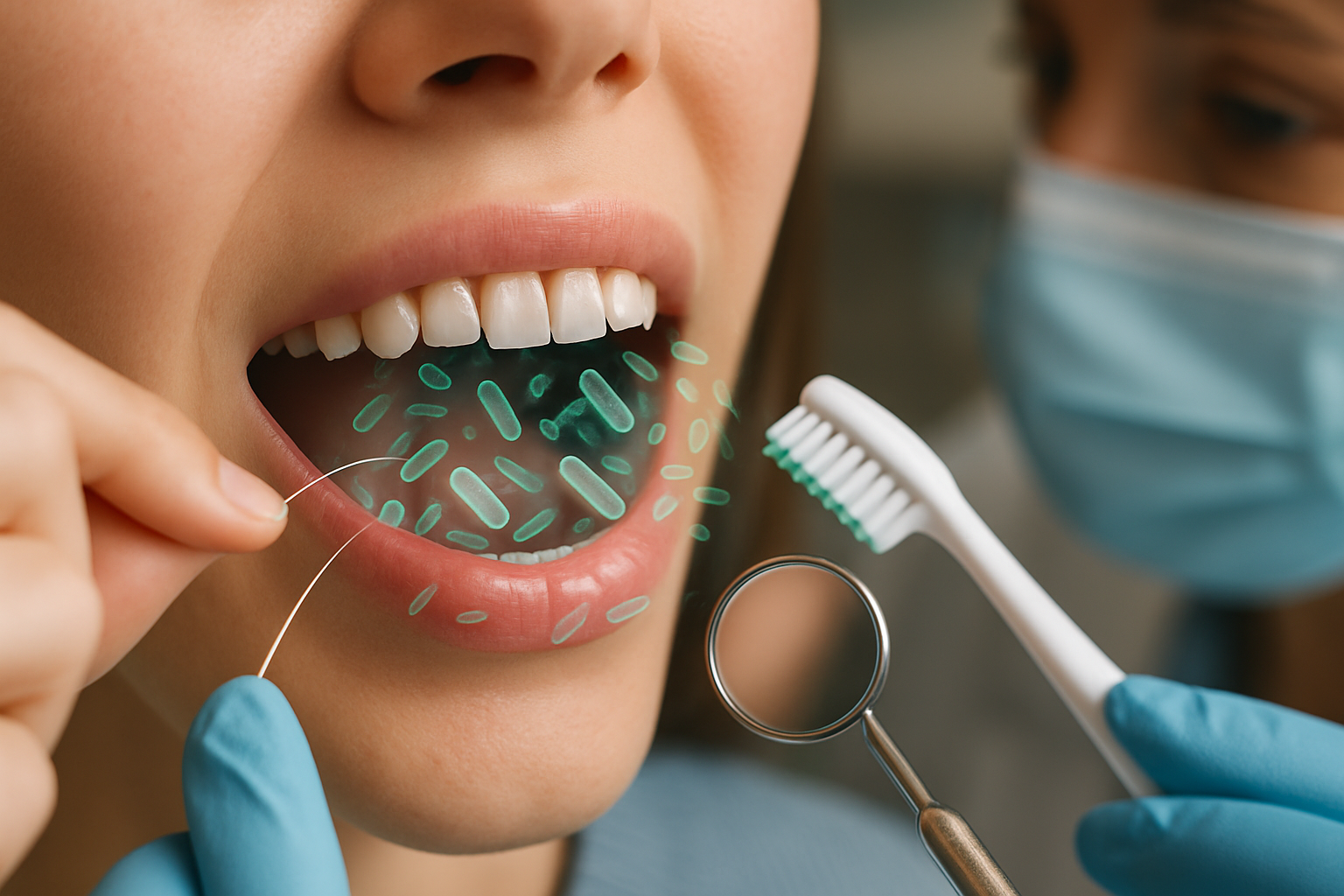Dental Services Focused on Seniors' Needs
As we age, dental care becomes more specialized to address the unique needs of seniors. Dental services focused on seniors ensure that treatments are tailored to maintain oral health, prevent common age-related issues, and provide comfort during procedures for a better quality of life.

Why do seniors need specialized dental care?
As we enter our senior years, our mouths undergo various changes that require specific attention. Age-related dental issues such as dry mouth, gum disease, tooth decay, and tooth loss become more prevalent. Additionally, many seniors may have existing medical conditions or take medications that can affect their oral health. Specialized dental care for seniors takes these factors into account, providing comprehensive treatments that address both the immediate dental concerns and potential long-term complications.
What are common dental problems faced by seniors?
Seniors often encounter a range of dental issues that may not have been as prominent in their younger years. Some of the most common problems include:
-
Tooth decay and root caries
-
Gum disease (periodontitis)
-
Dry mouth (xerostomia)
-
Tooth loss and the need for dentures or implants
-
Oral cancer
-
Tooth discoloration and wear
Age-specific dental services are designed to prevent, detect, and treat these issues effectively, ensuring that seniors can maintain a healthy smile and comfortable oral function.
How do age-specific dental services cater to seniors’ needs?
Dental services for seniors are tailored to address the unique challenges of aging mouths. These specialized treatments often include:
-
Regular dental check-ups and cleanings with a focus on early detection of age-related issues
-
Customized oral hygiene instructions for those with limited dexterity
-
Management of dry mouth symptoms
-
Denture fittings, adjustments, and maintenance
-
Soft tissue examinations for oral cancer screening
-
Nutritional counseling to support oral health
By offering these age-specific services, dental professionals can provide comprehensive care that takes into account the specific needs and limitations of senior patients.
What preventive measures are important for seniors’ oral health?
Preventive care plays a crucial role in maintaining good oral health for seniors. Some key preventive measures include:
-
Regular dental check-ups, ideally every six months
-
Daily brushing and flossing, with adapted tools if necessary
-
Use of fluoride toothpaste and mouthwash to strengthen enamel
-
Maintaining a healthy diet low in sugars and acids
-
Staying hydrated to combat dry mouth
-
Quitting smoking to reduce the risk of gum disease and oral cancer
Dentists specializing in senior care can provide personalized preventive strategies based on each patient’s unique oral health status and medical history.
How can seniors overcome barriers to dental care?
Many seniors face challenges in accessing dental care, including mobility issues, financial constraints, and fear of dental procedures. To overcome these barriers, some dental practices offer:
-
Mobile dental services or house calls for homebound seniors
-
Sedation dentistry options for anxious patients
-
Wheelchair-accessible facilities
-
Flexible payment plans or sliding scale fees
-
Coordination with medical providers for comprehensive care
-
Education on the importance of oral health in overall well-being
By addressing these barriers, dental professionals can ensure that seniors receive the care they need to maintain their oral health and quality of life.
What specialized dental treatments are available for seniors?
Dental care for seniors often involves specialized treatments tailored to address age-related oral health issues. Some of these treatments include:
-
Implant-supported dentures for improved stability and comfort
-
Gum grafting to address receding gums
-
Bone grafting to support dental implants
-
Oral cancer screenings and biopsies
-
Treatment of temporomandibular joint (TMJ) disorders
-
Cosmetic procedures to enhance smile aesthetics
These specialized treatments are designed to restore function, prevent further deterioration, and improve the overall oral health of senior patients.
In conclusion, dental services focused on seniors’ needs play a vital role in maintaining oral health and overall well-being in the later years of life. By addressing age-specific concerns, providing preventive care, and offering specialized treatments, dentists can help seniors preserve their smiles and enjoy a better quality of life. As our population continues to age, the importance of these tailored dental services will only grow, ensuring that seniors receive the comprehensive oral care they deserve.




